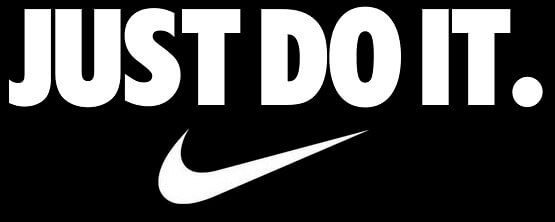It is 6:45 AM. Your alarm goes off, but the bed is warm and the world outside looks far too cold. You tell yourself you will run tomorrow instead. You roll over, reach for your phone, and there it is.
“You don’t have to run fast. You just have to run.”
No pressure. No mileage goals. No talk of burning calories. Just a simple line that makes skipping feel like breaking a promise to yourse
This is Nike’s genius in behavioral nudging. They know that motivation is often weakest before you start, so they focus on getting you over that first decision hurdle. This is rooted in commitment and consistency bias, a principle that says once people take a small step toward a goal, they are more likely to follow through.
The timing is not random either. Nike’s app uses trigger-based notifications tied to your usual workout schedule. If you have been active on Mondays and Thursdays for the last three weeks, it knows today is a decision point. And the copy is crafted to be identity-driven marketing — it speaks to who you believe you are, not just what you do. If you see yourself as “someone who runs,” that message hits differently.
There is also a layer of loss aversion at play. The words are gentle, but they subtly suggest that not running today means losing momentum you have already built. Humans are naturally more motivated to avoid losses than to gain equivalent rewards, and Nike uses that psychology without ever sounding negative.
Ten minutes later, you are out the door. Your pace is slower than usual, but you are moving, and that is the point. Nike did not just sell you shoes or an app feature. They sold you back your own discipline.

